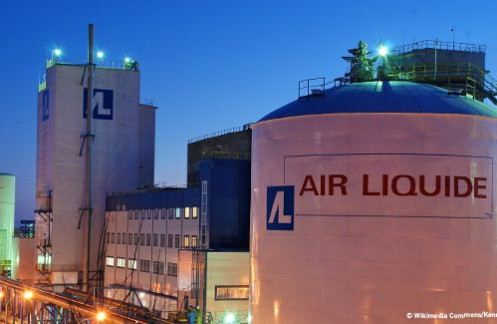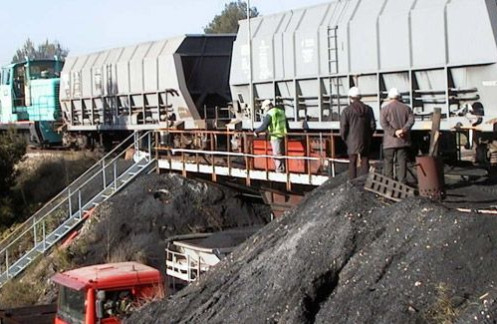Eurodecision has proven to be a reliable partner who listens and provides answers. We quickly laid the cornerstone of our supply chain re-organization projectJean-Paul GUICHARDBeverage Supply Chain Director and project co-ordinator - PEPSICO FRANCE
PepsiCo France is one of the most dynamic subsidiaries of PepsiCo Inc. in Europe and a key player in the agri-food industry in France. PepsiCo Inc. is currently the world’s third-largest food group..
PepsiCo France markets and distributes prestigious brands (Pepsi, Tropicana, Lipton, Quaker, Benenuts, etc.) for five types of food products: soft drinks, fruit and vegetable juices, iced teas, cocktail products, and cereals.
PepsiCo France products are distributed through two specific networks:
- supermarkets and hypermarkets
- the “catering” network, i.e. cafes, hotels, restaurants, transportation networks and recreational areas, as well as automatic vending machines.
The 2008 Eurodecision study concerned the catering network.
Following a series of acquisitions by PepsiCo over the past 15 years, the distribution network was very fragmented, with dozens of warehouses specialized in a given product type. There were four specific circuits, each separately delivering fruit juices, sodas, tea-based drinks, grocery products, and potato crisps.
The purpose of the study was to merge these networks in order to increase shipment volumes and reduce the number of warehouses. The SCOP Network Design software helped the Group identify the best possible co-ordination. The conclusions of the study, carried out from April to June 2008, were put into effect immediately, and new supply chain partners were sought.
The new organization was in place by 1 January 2009, cutting the number of warehouses to two from eight. The location of catchment areas for those two warehouses was also optimized. In addition PepsiCo analysed the organization of its traffic, including such factors as the high or low seasons, the weight and volume of the transported goods, and the return of money-back bottles.
The benefits were readily apparent, much to the satisfaction of not only the sales teams involved in the project, but also of clients, who can now order from a single site products they did not order previously. The improved traffic flows cut transportation and logistics costs by 20% the first year and significantly reduced CO2 emissions.
How did the client choose Eurodecision?
Contacts had been initiated during a previous project. Eurodecision was included in a call for tenders, however its expertise in this type of study led PepsiCo to select them very quickly.






